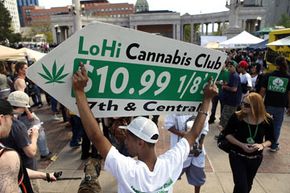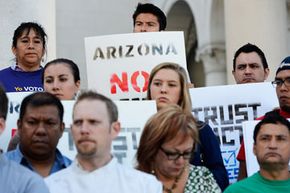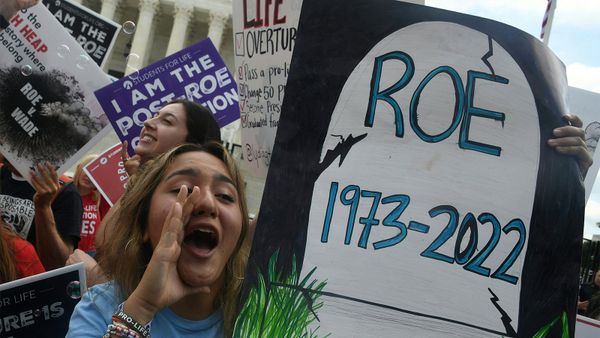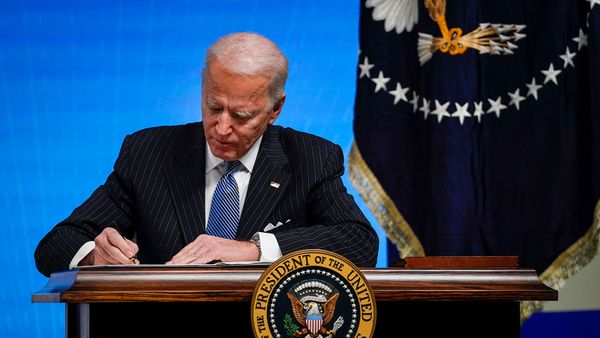If you were following U.S. election results as they rolled in Nov. 2012, chances are you saw some coverage about Colorado and Washington state both legalizing recreational use of marijuana. Jokes about the munchies aside, the laws in Colorado and Washington are groundbreaking because they mark the first states to fully legalize the drug, not just for medical purposes, but for general use.
Like medical marijuana laws, these new state laws clash with U.S. federal law, which outlaws marijuana as a controlled substance [source: White House].
Advertisement
State laws only govern the citizens within a particular state, but federal laws apply to all U.S. citizens. When state and federal laws clash, think of the federal law as the trump card. In theory, a state law that goes against federal law is null and void, but in practice, there's a bit more of a gray area. What it really comes down to is enforcement.
If a state defies federal law, but the federal government doesn't enforce its law in that state, is federal law really the trump card?
Because marijuana is a controlled substance, enforcement of the federal laws prohibiting it fall to the U.S. Drug Enforcement Administration (DEA), and so far the DEA has not taken any action in Colorado or in Washington [source: Smith]. Right now, that part of our nation's drug policy seems to be in limbo, and until the federal government decides how to handle marijuana legalization, it's unclear how things will play out in Colorado and Washington.
Marijuana legalization isn't the first area where a state has passed legislation that doesn't mesh with a federal law, and examining how those situations have played out might just give a little bit of insight into how the federal government might handle Colorado and Washington's marijuana legalization.
So, what really happens when state and federal laws clash? Let's take a closer look at what the law says about these types of situations and some of those past instances where state and federal laws have contradicted each other.
Advertisement




